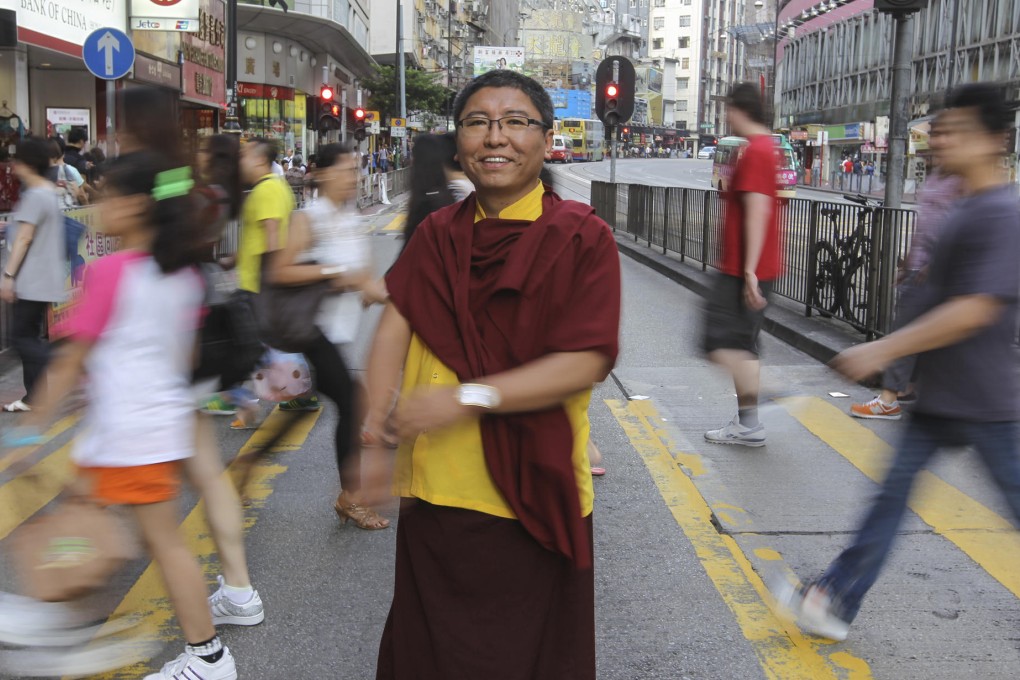Visiting Tibetan Buddhist master explains the benefits of meditation
As the practice of meditation gains mainstream acceptance, a visiting Tibetan Buddhist master tells Chan Tse Chueen how it has helped him

For someone regarded by the Tibetan Buddhist faithful as a reincarnated master teacher of the dharma, Tsoknyi Rinpoche is remarkably frank about his own human frailties.
It took him seven years to stop drinking a certain popular brand of soda which he knew was bad for his health.
If we are living in a nightmare, at least we try and turn it into a healthy dream
This story, which he shared last month with a Hong Kong audience at a series of talks on death and meditation, is typical of his teaching style - honest, amusing and direct. It makes accessible the lofty topics of his concerns: the limitless potential of our mind, the nature of reality, and happiness.
His soda anecdote speaks to those of us who find it difficult to bridge the gap between knowledge and action, which happens, he explains, when the head fails to communicate with the heart. This disconnect, and how meditation can help us to bridge that gap, is a message Tsoknyi Rinpoche carries with him to lectures and retreats in Europe, America and Asia.
We don't have to live our life bound by the habits of feelings and behaviour which we have developed over the years; we can choose otherwise, he says, by re-educating ourselves through the practice of meditation.
In the crowded market today for self-help programmes designed to improve health and well-being, meditation is gaining mainstream credibility. Mindfulness training is now an acceptable tool in psychotherapy, and its ability to "rewire" our brain has become more fact than fiction, thanks to advances in neuroscience research that demonstrate it. Benefits of meditation found through various studies include reduced stress; better concentration; a more resilient mental outlook; lower risk of death, heart attack and stroke in mental patients; reduced loneliness in older adults; and relief from chronic inflammation.
